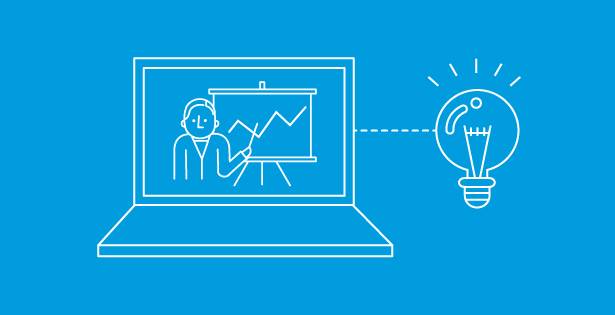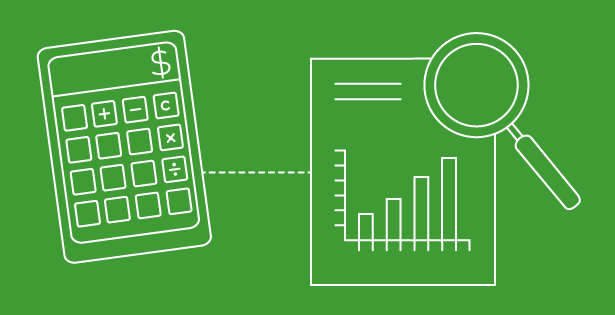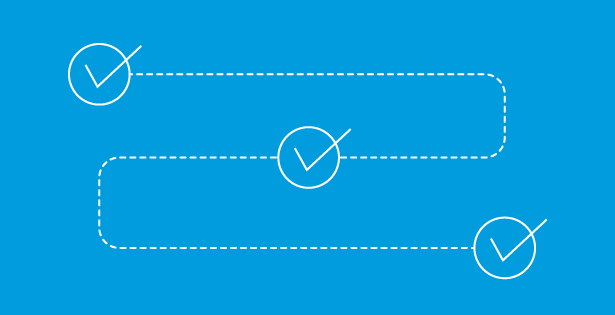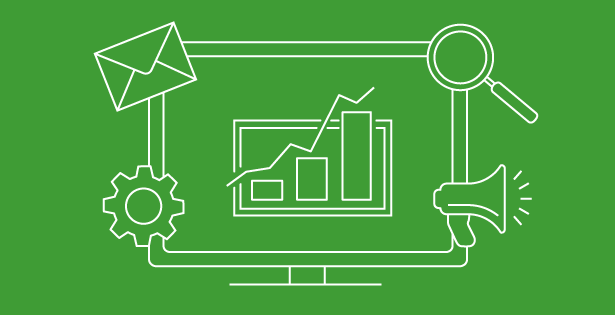Very few companies stand completely alone in their quest to grow. That is why most companies build partner networks and create active partner programs to scale revenue, increase geographical reach, advance innovation and improve customer success. Common industry partner types include:
- Referral partners
- Reseller/channel partners
- Technology partners
- System integrators
- International partners
These partner types overlap in many ways and share many common needs. One of the best ways to establish and grow a partner network is to use Salesforce’s Experience Cloud to build a partner portal to handle Partner Relationship Management (PRM). Portals are a great way to scale, providing 24-7 self-service access for partner recruitment, onboarding, enablement, co-marketing, selling, support, offboarding, and more.
What are the benefits of a partner program?
Being able to get the information you need and transact at any hour of the day helps you and your partner be successful together. More importantly, having a great partner program and tools to support make you easy to do business with.
While no partner program is the same, some common patterns emerge that represent best practices. These capabilities may be used in different combinations to best meet each individual company’s needs.
Base portal functionality
- Branded look and feel – that matches company needs
- Web and mobile support – to be where your partners are
- Seamless integration – embedded where appropriate with single sign-on for seamless access
- News, events, groups – to keep your partner network informed
Partner lifecycle
- Partner recruitment – marketing to recruit new partners and the ability to apply online
- Partner onboarding – online partner agreement, e-signatures, onboarding, and provisioning
- Partner enablement – online training and/or integration with learning management systems
Partner management
- Partner scoring – the ability to score partners based on deals closed, learning and certification milestones attained and more
- Partner tiering – provide different levels of partner functionality
- Partner performance management – measure partner performance on a variety of factors
- Partner success survey – keep current with partner feedback for continuous improvement
Referral management
- Deal registration – keep track of all leads and opportunities
- Deal pipeline management – gain visibility and help partners sell more deals
- SPIF, loyalty and rewards and rebates – manage incentives for successful promotions
- Partner commissions – reward partners and share in the success
Reseller and channel management
- Marketing campaigns – generate demand through co-marketing campaigns
- Lead management – routing and distribution of leads
- Product and marketing resources – provide sales enablement materials to improve partner selling
- Market development funds (MDF) – manage marketing investments to make the company and partners successful
- Partner pricing and quoting – manage complex partner price books
Technology partner management
- Searchable knowledgebase – provide self-service help to improve case deflection
- Online documentation – provide detailed content for partners to be successful
- Upload site – share information with partners
System integrator
- Track influenced deals – manage a pipeline of deals that partner is helping to close
- Partner support case management – provide partner and customer support for cases, bugs and enhancement requests
- Chatbot support – provide 24-7 self-service support
- Email, web, live chat and SMS support – provide channels of support where partners transact
International partners
- Internationalization – provide on-the-fly language translation for content and support
- Currency support – provide capability for local currencies
Salesforce also provides a development platform to build any type of custom application. Companies can build online applications to support specific needs that may provide a competitive advantage. For instance, companies may build sophisticated partner locators to find partners based on expertise, location and other best-fit parameters.
How can Salesforce Experience Cloud help?
The Salesforce Experience Cloud is highly flexible and provides a wide range of capabilities that will help maximize partner success but does require design and customization. It operates smoothly with the rest of the Salesforce platform and has open APIs and development platforms to add capabilities that can differentiate from your competitors or to support other related partner models such as franchises, affiliates, distributors, dealers and more.

 RSMUS.com
RSMUS.com



